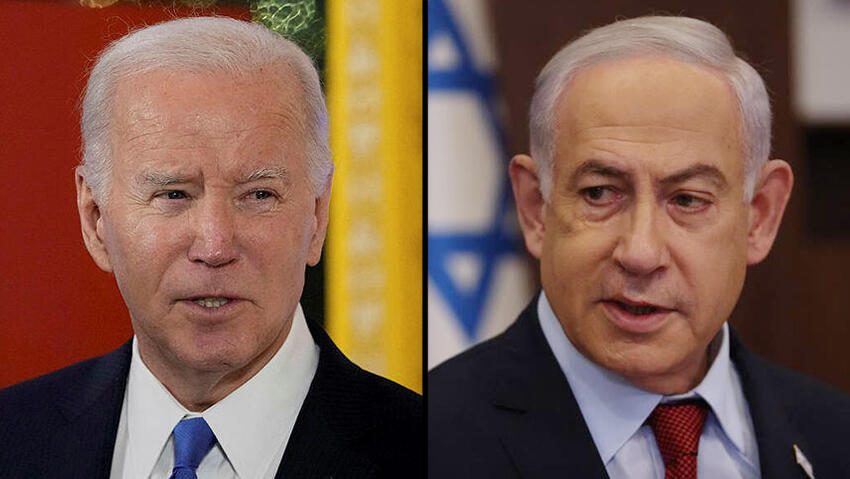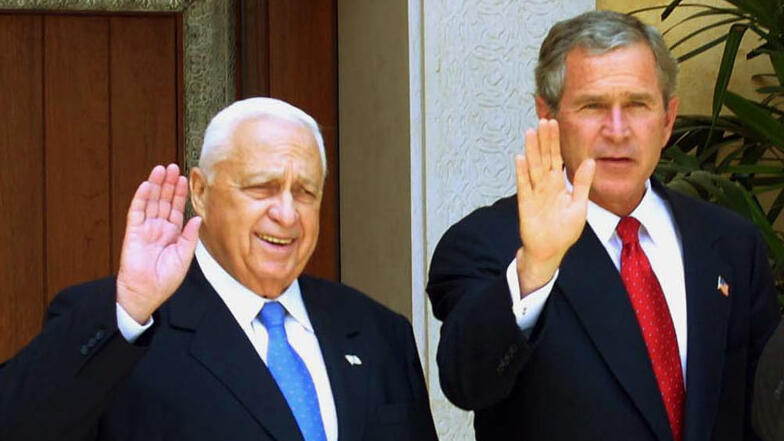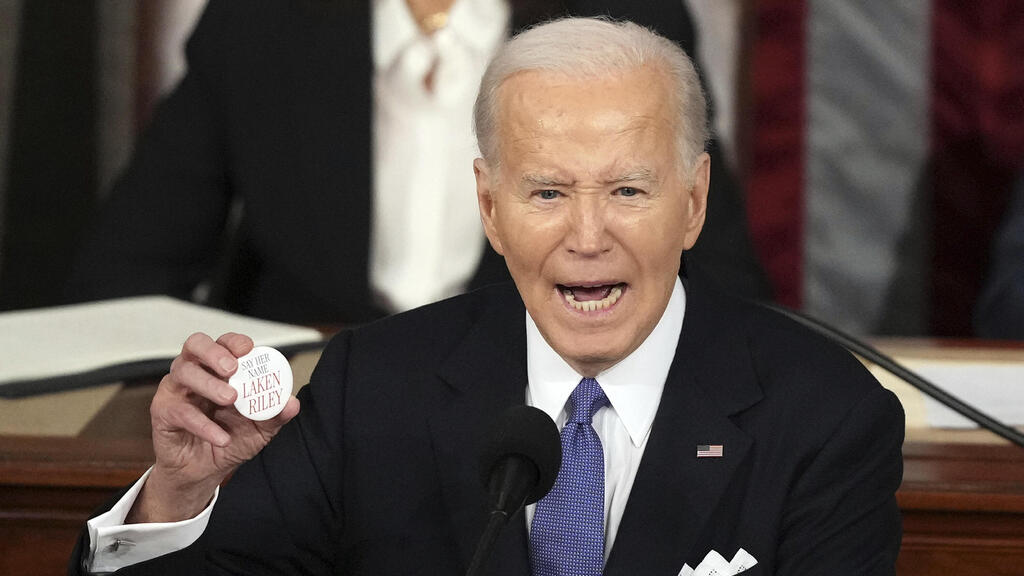Getting your Trinity Audio player ready...
American policy toward Israel, particularly the recent decision not to veto the UN Security Council resolution that separates a call for cease-fire in Gaza from a demand for the release of the remaining hostages, living and dead, has been described a betrayal of the U.S. – Israel alliance.
On the whole, good relations between both sides have prevailed. They have included early American recognition of the State of Israel, crucial help during the Yom Kippur War, diplomatic support for the emigration of Russian Jewry, and sharing of all manner of technology and know-how. This relationship has had its ups and downs.
On April 14, 2004, President George W. Bush and Prime Minister Ariel Sharon exchanged of letters at the White House confirming an agreement that became part of the U.S. – Israel alliance. Its terms were drafted by the Director-General of the Prime Minister’s Office, Dov Weissglas, for the Sharon government, and Steve Hadley for the Department of State.
The text of these letters is posted on the White House website and that of the Foreign Ministry of Israel. This event is most important because it relates directly to the current situation in Gaza.
The agreement with the Bush administration is significant because of the circumstances and the manner in which both sides viewed it. An authoritative source was the late Dr. Raanan Gissin (1949-2023), a senior advisor to Prime Minister Sharon and spokesman for the Government of Israel (2001-2006).
He was a first-hand witness who was able to explain the strategic reasons for government decisions and identify the key part of the agreement. I have slightly copy-edited my notes of his conversation with me on January 20, 2005.
Dr. Gissin chose to speak about the issue of the time, Israel’s plan of unilateral disengagement from Gaza and North Samaria. He cogently described the need for the security understandings with the United States in order to affirm Israel’s sovereign prerogatives in the event that the outcome failed to live up to expectations.
He explained the importance of the negotiation. The agreement was strategically important because it gives Israel what it needs to live with. Oslo and Geneva were inadequate and failed immediately. Israel could not live with these agreements.
He explained that when the government decided on unilateral withdrawal, it became necessary to gain American support, because no agreement can stand without deterrence. The United States is backing regional agreements [and that is why there is peace with Egypt].
If one’s partner is not trustworthy, the deterrent element becomes a matter of greater importance [in order to offset the risk]. At present, there is a state of armed peace, as in Europe of the seventeenth and eighteenth centuries. It is difficult to evaluate the Disengagement now, because it may be too early.
According to Gissin, the most important clause in the exchange of letters is Point 3, which deals with self-defense and self-deterrence. This clause appears on the White House website and contains the following passages:
"… Israel will retain its right to defend itself against terrorism, including to take actions against terrorist organizations. The United States will lead efforts, working together with Jordan, Egypt, and others in the international community, to build the capacity and will of Palestinian institutions to fight terrorism, dismantle terrorist organizations, and prevent the areas from which Israel has withdrawn from posing a threat that would have to be addressed by any other means…"
The United States is strongly committed to Israel's security and well-being as a Jewish state. It seems clear that an agreed, just, fair, and realistic framework for a solution to the Palestinian refugee issue as part of any final status agreement will need to be found through the establishment of a Palestinian state, and the settling of Palestinian refugees there, rather than in Israel.
Gissin explained the spirit and real meaning of this clause as the Sharon Government understood it in 2005: Israel must be able to face all kinds of threats, including the existential threat. Because of the existential threat, there has to be a deterrent against it, and that is why the Americans understand Israel's need for the nuclear option. In the event that Israel's existence threatened, “you can kick ass.” [There are] no limitations on the type of reaction. American backing makes Israeli deterrence possible.
It is worth reading this document carefully, particularly its choice of language. President Bush referred to Israel as “a Jewish State,” whereas in his recognition of the State of Israel, President Truman refused to do so. Further, there were no limitations on Israel’s right to defend itself against terrorism.
 Joel FishmanPhoto: David Rubinger
Joel FishmanPhoto: David RubingerWhen the governments of the United States and Israel entered into the formal agreement of April 14, 2004, they did so with a clear awareness that unilateral withdrawal had risks. The United States understood Israel’s position and by entering into this agreement hoped to promote regional stability for the good of all parties.
One would not have expected that the Biden administration would publicly attack Israel in a war of self-defense and express all manner of brutal criticism. At the very least, this type of attack represents a moral betrayal. The basic problem is that the United States of 2024 has become a different country with a different foreign policy than it possessed when it entered the 2004 agreement.
Dr. Joel Fishman is a historian, Jerusalem Center for Public Affairs Fellow, and a senior researcher at the Research Department of IDSF-Habithonistim - Israel's Defense and Security Forum






